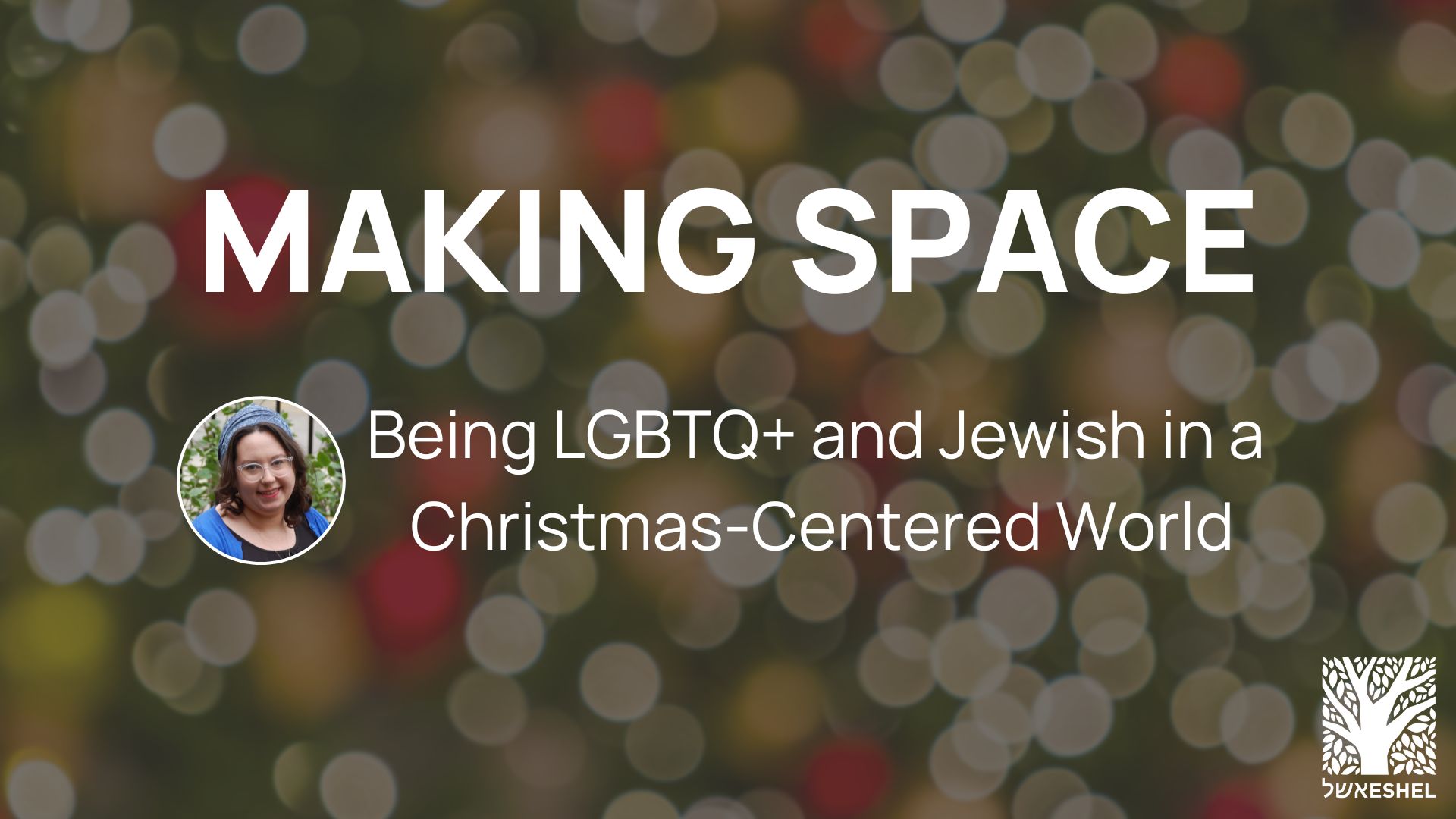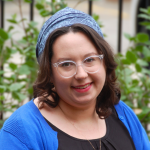
This month, my neighborhood has exploded with Christmas decorations – on lampposts, on Starbucks cups, and in store windows. The adorable card and gift store next door to me has four (impeccably decorated) windows with numerous Christmas trees and decorations, including one Christmas tree devoted to pickle-themed ornaments.
Over Thanksgiving weekend, I made the 30 minute trek to my favorite local plant shop, only to discover that they had dedicated nearly three-quarters of the store to Christmas trees, ornaments, and decorations. I was disappointed to realize that I made the shlep only to find that most of the store was filled with things that had no relevance to my life. I made a mental note to come back again in January – but also felt a little angry. I thought, “I shouldn’t have to feel like there’s nothing for me to do in December.”
I usually don’t mind Christmas so much. Some of the music is actually good. I love all things peppermint chocolate. But when Christmas takes over the public sphere to the extent that there is no space for anything else, I start to feel like there is no space for me as a Jew either.
And sometimes, it feels like Jewish communities don’t have space for me as a queer person either.
The world at large is steeped in cis-heteronormativity.Orthodox communities especially reward and reinforce one particular family norm – marriage, kids, day school, gap year in Israel. Where does that leave those of us with no Saturday night singles event to meet other frum LGBTQ+ Jews? Where does that leave those of us with a more complicated and expensive path to parenthood, and often less family and institutional support? Where does that leave those of us with Orthodox day schools that won’t admit our children because their parents are LGBTQ+?
Even with all the things that I love about the Jewish community, and even my own Orthodox shul, there is still the sense that it is designed for someone else. Every comment about how beautiful it is that the mechitza separates couples, every assumption that my wife and I are sisters, every struggle to get someone’s pronouns right is a reminder that LGBTQ+ people are “other.”
At the end of a long week in the secular world, Shabbos provides a respite, a chance to retreat into Jewish time. I get to spend the whole day with other Jews, and in spaces that are designed to reflect Jewish norms and values. Now more than ever, as my friends who work in the secular world and on college campuses witness antisemitism and harassment, and I am bombarded with it on social media, Shabbat provides a chance to take a break and find chizzuk within a supportive community. In the same way, the National Retreat is a true Shabbaton, because it is also a complete rest. One weekend out of the year, we have an opportunity to retreat from a world that is built for everyone else, and build our own LGBTQ+ and Jewish space. A space that is intentional, diverse, and joyful in the ways that it is queer AND in the ways that it is Jewish. A space where we can be free from the incorrect assumptions, awkward questions, and insensitive comments from the straight and cis world. A weekend where being LGBTQ+ isn’t just common, it’s the norm.

